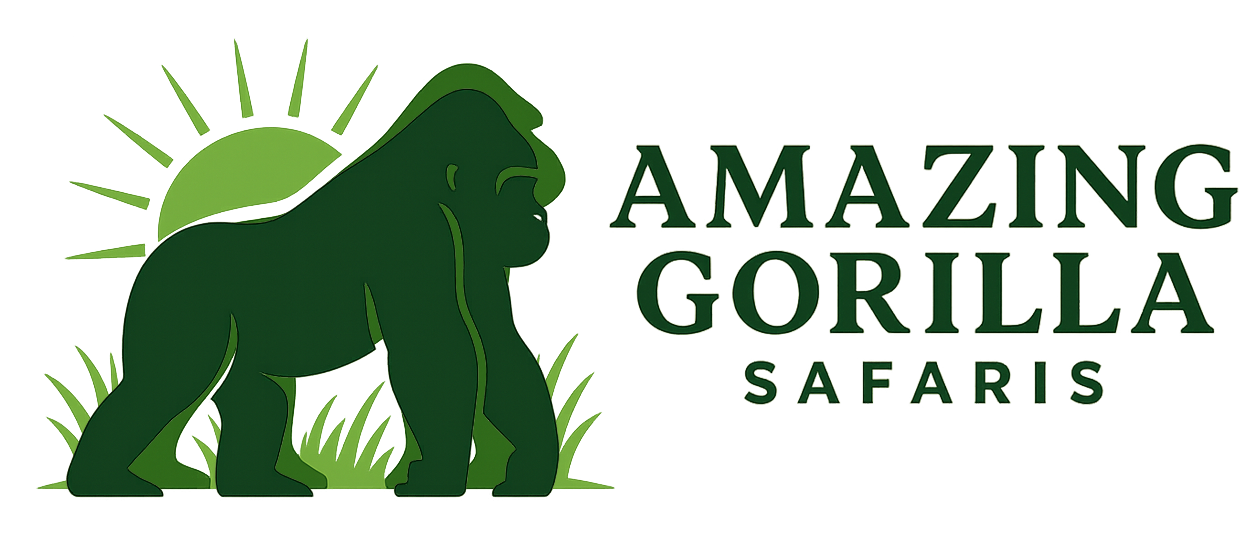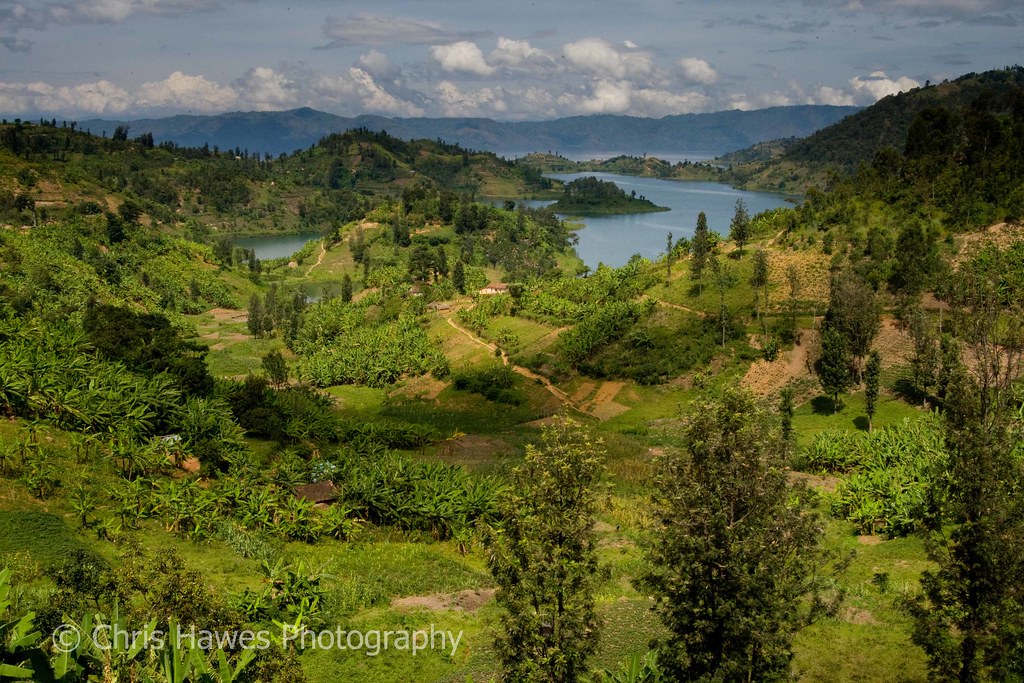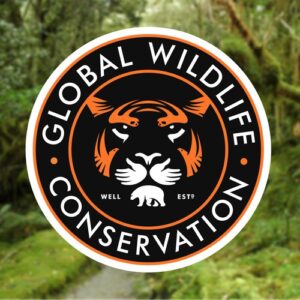Best Tourist Destinations in Rwanda – Gorillas, Volcanoes, and Lakes
Introduction to the Land of a Thousand Hills
Rwanda, fondly known as “The Land of a Thousand Hills,” is a country of breathtaking beauty, where rolling green hills meet misty mountains, tranquil lakes, and dense tropical forests. Small in size yet vast in experience, Rwanda has transformed into one of Africa’s most remarkable travel destinations. It is a place where nature and culture coexist harmoniously, and where visitors can experience both thrilling adventures and moments of deep serenity.
From the legendary mountain gorillas of Volcanoes National Park to the shimmering waters of Lake Kivu and the rich biodiversity of Nyungwe Forest, Rwanda offers a unique blend of wildlife, luxury, and warm hospitality. Whether you seek primal encounters in the jungle or peaceful reflection along scenic lakeshores, Rwanda promises an unforgettable journey through one of Africa’s most inspiring landscapes.
Volcanoes National Park – Home of the Mountain Gorillas
At the heart of Rwanda’s tourism lies Volcanoes National Park, the country’s most iconic destination and one of the world’s last sanctuaries for endangered mountain gorillas. Located in the northern Musanze district, the park is part of the Virunga Massif, a chain of dormant volcanoes that rise majestically above the clouds.
Gorilla trekking here is an emotional and life-changing experience. Guided by expert trackers, visitors hike through lush bamboo forests and misty slopes to meet gorilla families in their natural home. The trek can take between one and five hours, depending on the gorilla group’s location, but the reward is extraordinary — standing just a few meters from a silverback and his family, watching them feed, play, and care for one another.
Each trekking permit contributes directly to conservation efforts and community development, making the experience not only breathtaking but also meaningful. Beyond gorillas, Volcanoes National Park also shelters golden monkeys, forest buffaloes, and over 200 bird species, offering an immersive wildlife experience in one of Africa’s most scenic mountain environments.
Nyungwe Forest National Park – Chimpanzees and Canopy Walks
In the southwest of the country lies Nyungwe Forest National Park, a pristine rainforest that feels like stepping into an ancient world. One of Africa’s oldest mountain forests, Nyungwe is a haven for chimpanzees, colobus monkeys, and over 300 bird species, many of which are endemic to the Albertine Rift.
Chimpanzee trekking is the main attraction here, and it’s an exhilarating adventure — a morning walk through thick forest accompanied by distant hoots, drumming leaves, and the excitement of meeting these intelligent primates up close. Beyond chimpanzees, Nyungwe offers a canopy walk, the only one of its kind in East Africa, suspended high above the forest floor. From here, travelers enjoy breathtaking views of treetops, misty valleys, and birdlife soaring through the sunlight.
Hiking trails wind through waterfalls and ridges, and the forest’s tranquil atmosphere makes it a perfect retreat for nature lovers seeking peace and renewal.
Akagera National Park – Rwanda’s Big Five Safari Destination
While Rwanda is best known for its gorillas, its savannahs offer an equally rewarding experience for classic wildlife lovers. Akagera National Park, in the country’s east, is a stunning landscape of open plains, rolling hills, and shimmering lakes. Once heavily poached, Akagera has undergone an incredible transformation under the stewardship of the Rwanda Development Board and African Parks.
Today, it is a thriving Big Five destination, home to lions, leopards, elephants, buffaloes, and both black and white rhinos. Game drives reveal abundant wildlife, from zebras and giraffes to hippos and crocodiles basking along Lake Ihema’s shores. Bird enthusiasts will find over 480 species, including African fish eagles, crowned cranes, and shoebills.
Akagera’s luxury lodges, such as Magashi Camp and Ruzizi Tented Lodge, provide elegant comfort amid the wilderness, combining adventure with conservation-driven hospitality.
Lake Kivu– Tranquility and Scenic Beauty
Stretching along the border with the Democratic Republic of Congo, Lake Kivu is Rwanda’s most beautiful natural lake — a serene expanse of water framed by green hills, fishing villages, and palm-lined beaches. After the physical thrill of gorilla trekking or chimpanzee hiking, Lake Kivu is the perfect place to relax and rejuvenate.
Visitors can take boat cruises between the lake towns of Gisenyi, Kibuye, and Cyangugu, explore islands such as Napoleon and Amahoro, or simply unwind at a lakeside resort watching fishermen paddle their wooden canoes under the sunset. Swimming, kayaking, and biking along the Congo Nile Trail are also popular activities, offering a blend of leisure and adventure against a backdrop of stunning scenery.
Lake Kivu’s peaceful charm and gentle rhythm make it a wonderful complement to Rwanda’s more rugged wilderness experiences.
Kigali – Africa’s Cleanest and Most Vibrant Capital
No trip to Rwanda is complete without exploring Kigali, the country’s modern, vibrant, and remarkably clean capital. Spread over rolling hills, Kigali combines cosmopolitan energy with a spirit of resilience and renewal. The city is known for its friendly people, organized layout, and cultural depth.
Travelers can visit the Kigali Genocide Memorial, a place of reflection that honors the victims of 1994 while highlighting Rwanda’s extraordinary recovery. Beyond its history, Kigali offers a thriving art scene, bustling markets, and elegant cafes serving the country’s world-class coffee. It is also the main gateway to all national parks, with excellent road networks and short travel times — just three hours to Volcanoes National Park and six to Nyungwe.
Gishwati–Mukura National Park – Rwanda’s Newest Wilderness Gem
Rwanda’s newest addition to its protected areas, Gishwati–Mukura National Park, is a symbol of ecological restoration and hope. Once threatened by deforestation, the forest has been revived into a sanctuary for chimpanzees, golden monkeys, and countless birds. Located between Volcanoes and Nyungwe forests, Gishwati–Mukura offers short hikes, primate encounters, and community-based tourism experiences that highlight Rwanda’s commitment to reforestation and sustainable tourism.
It’s a perfect stop for travelers seeking off-the-beaten-path experiences and meaningful interaction with local conservation projects.
The Best Time to Visit Rwanda
Rwanda is a year-round destination, but the best time for most activities — including gorilla trekking and wildlife safaris — is during the dry seasons, from June to September and December to February. During these months, hiking trails are drier, wildlife is easier to spot, and the weather is comfortable for both trekking and relaxation by the lakes.
The wet seasons (March–May and October–November) bring lush landscapes and fewer tourists, ideal for photographers and travelers seeking solitude. Even then, rains are usually brief and followed by clear skies, keeping the country accessible throughout the year.
Final Thoughts
Rwanda is more than a destination — it is a story of transformation, resilience, and beauty. From the mist-covered volcanoes of the north to the tranquil waters of Lake Kivu, every corner of the country reveals a different face of Africa. Gorilla trekking may be its most famous attraction, but Rwanda’s essence lies in the harmony between people, wildlife, and landscape.
Whether you seek the thrill of a gorilla encounter, the serenity of a lakeside escape, or the inspiration of a nation that has turned its past into purpose, Rwanda offers an experience that lingers long after you return home. It’s a journey of discovery — of nature, of humanity, and of yourself.





